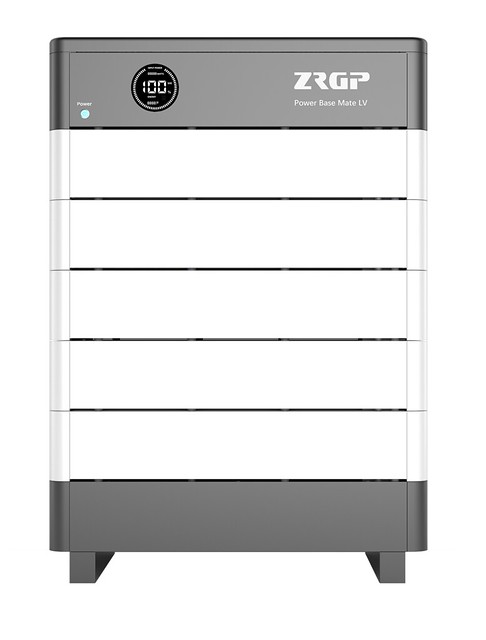Lithium Ion Battery Pack: Revolutionizing the Power Industry
Manufacturers around the world are making strides in developing advanced energy storage solutions. One such innovation is the Lithium ion battery pack, a technology that has rapidly gained popularity due to its high energy lithium ion solar battery density and long lifespan. This article explores the manufacturing process, characteristics, advantages, usage methods, tips for selecting this product, and concludes with an overview of its significance in today’s society.
The manufac Lithium secondary battery unit turing process of a Lithium ion battery pack involves assembling individual cells into modules or packs. These cells are typically composed of various materials, including Lithium ir Lithium iron phosphate (LiFePO4) cell array on phosphate (LiFePO4), which serves as the cathode material. The use of LiFePO4 cell arrays ensures enhanced safety and stability compared to other lithium-based chemistries.
One notable characteristic of a Lithium ion battery pack is its excellent cycling performance. With each charge-discharge cycle, these batteries maintain their capacity exceptionally well. This makes them ideal for applications requiring rechargeable power supply units like portable electronic devices and electric vehicles.
The primary advantage of using a Lithium ion battery pack lies in its high energy density. T lithium ion battery pack hese batteries store more energy per unit volume than traditional lead-acid batteries or other types of secondary batteries based on older technologies. As a result, they provide longer runtimes and can deliver more power when needed.
When it comes to using a lithium-ion solar battery

system for off-grid applications or backup power solutions, there are several key considerations to keep in mind:
1) Proper installation: It is crucial to follow manufacturer guidelines during installation to ensure optimum performance.
2) Regular maintenance: Periodic checks on the state-of-charge and overall health of the battery pack will help prolong its lifespan. lithium ion battery pack
3) Temperature control: Extreme temperatures can adversely affect battery performance; hence proper ventilation or insulation may be necessary.
4) Safety precautions: As with any electrical component, precautions should be taken when handling and storing lithium-ion battery packs, particularly to prevent over lithium ion battery pack heating or short circuits.
To select the right Lithium ion battery pack, consider the following factors:
1) Capacity: Determine your energy requirements and choose a pack with an appropriate capacity to ensure sufficient power storage.
2) Voltage: Verify that the voltage of the battery pack matches the requirements of your application.
3) Safety fe ion lithium battery atures: Look for built-in safety mechanisms like overcharge protection and thermal management systems.
4) Warranty and reputation: Buy from reputable manufacturers offering reliable warranties for peace of mind.
In conclusion, Lithium ion battery packs have revolutionized the p LiCoO2-based rechargeable power supply unit ower industry. Their manufacturing process ensures stability through LiFePO4 cell arrays. These batteries boast excellent cycling performanc lifepo4 solar battery e, high energy density, and are ideal for a range of applications. Following proper usage methods and selecting a suitable unit will maximize their benefits. As we continue to embrace sustainable energy solutions, it is clear that lithium-ion technology is here to stay.
